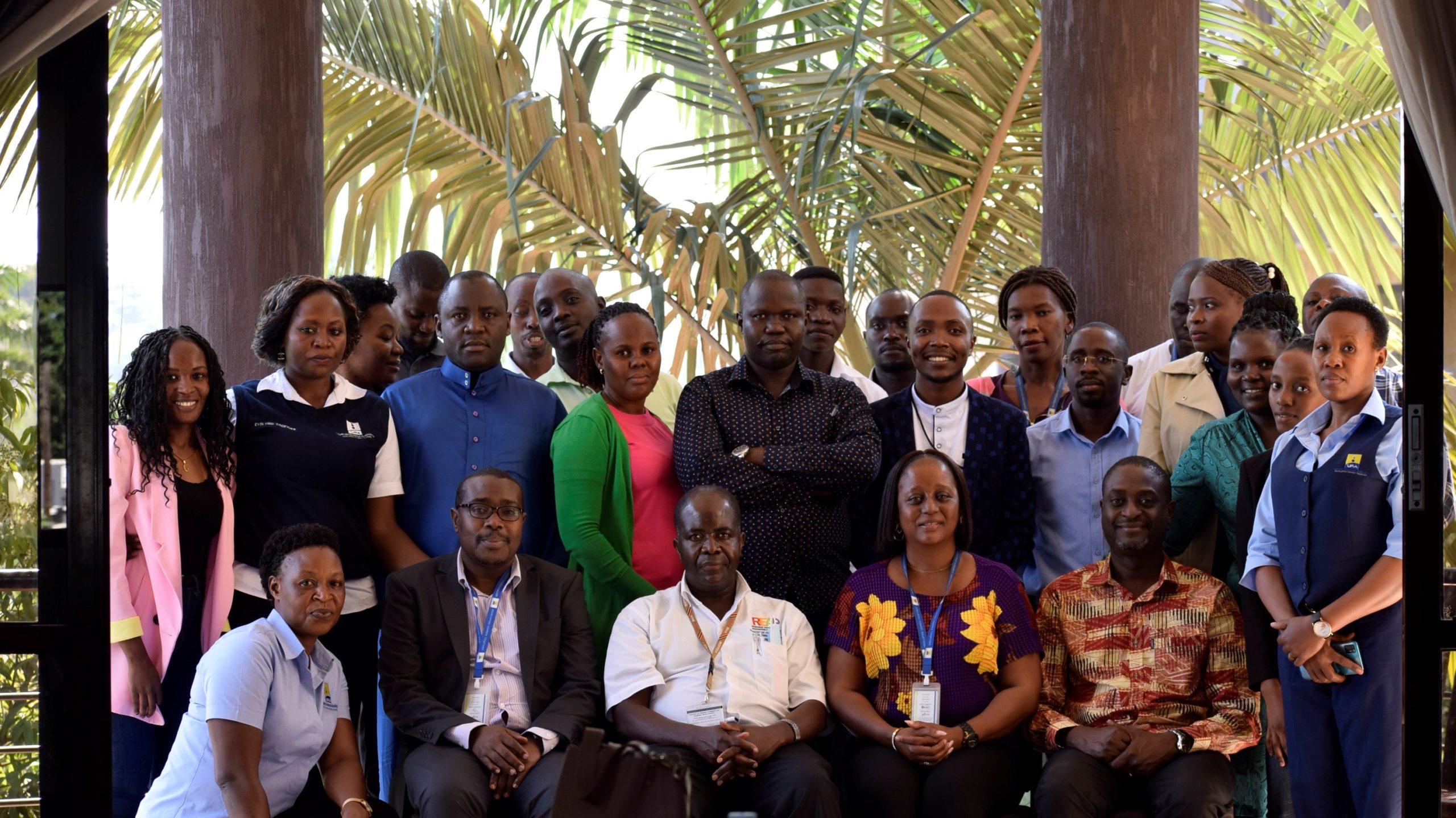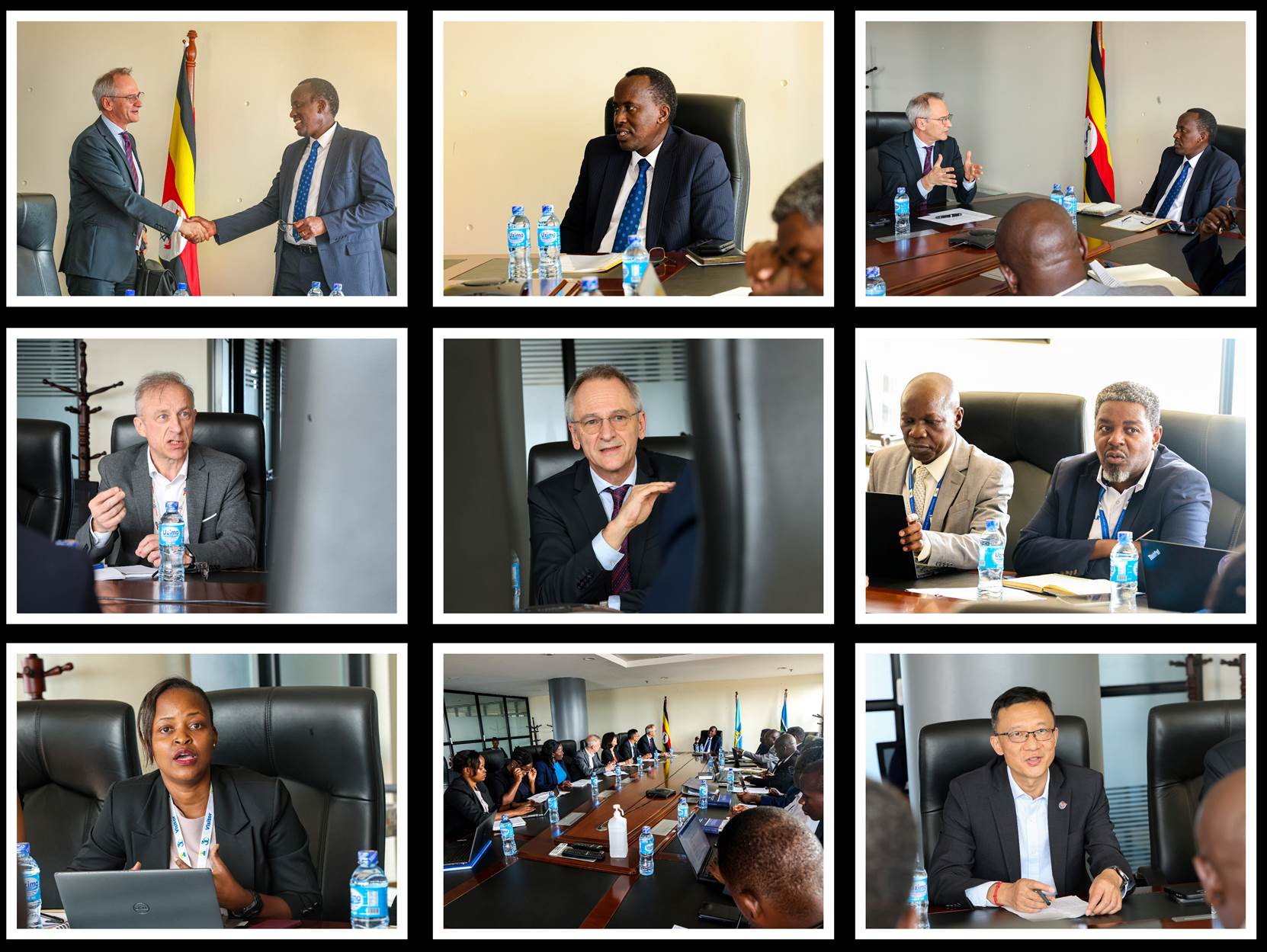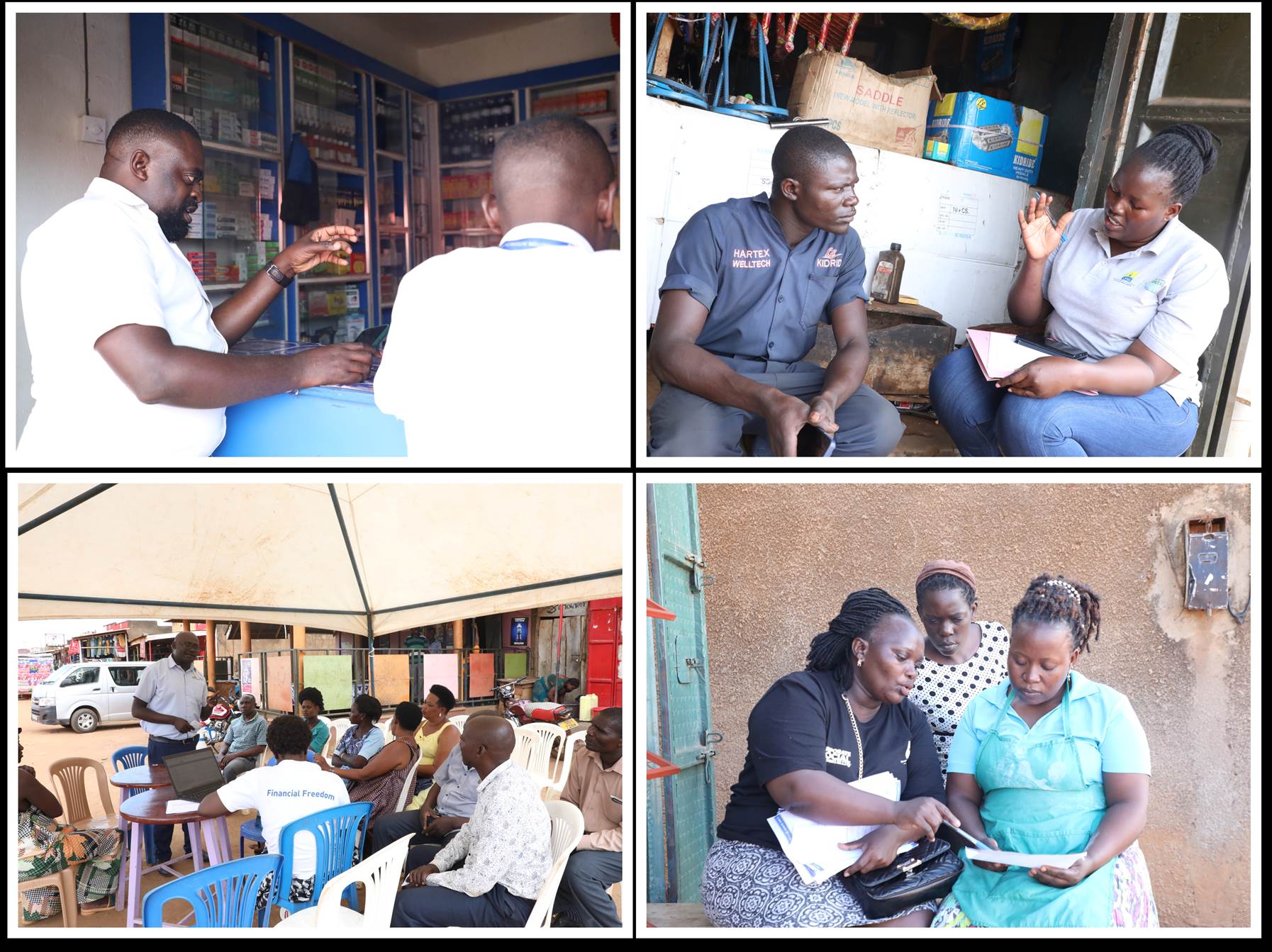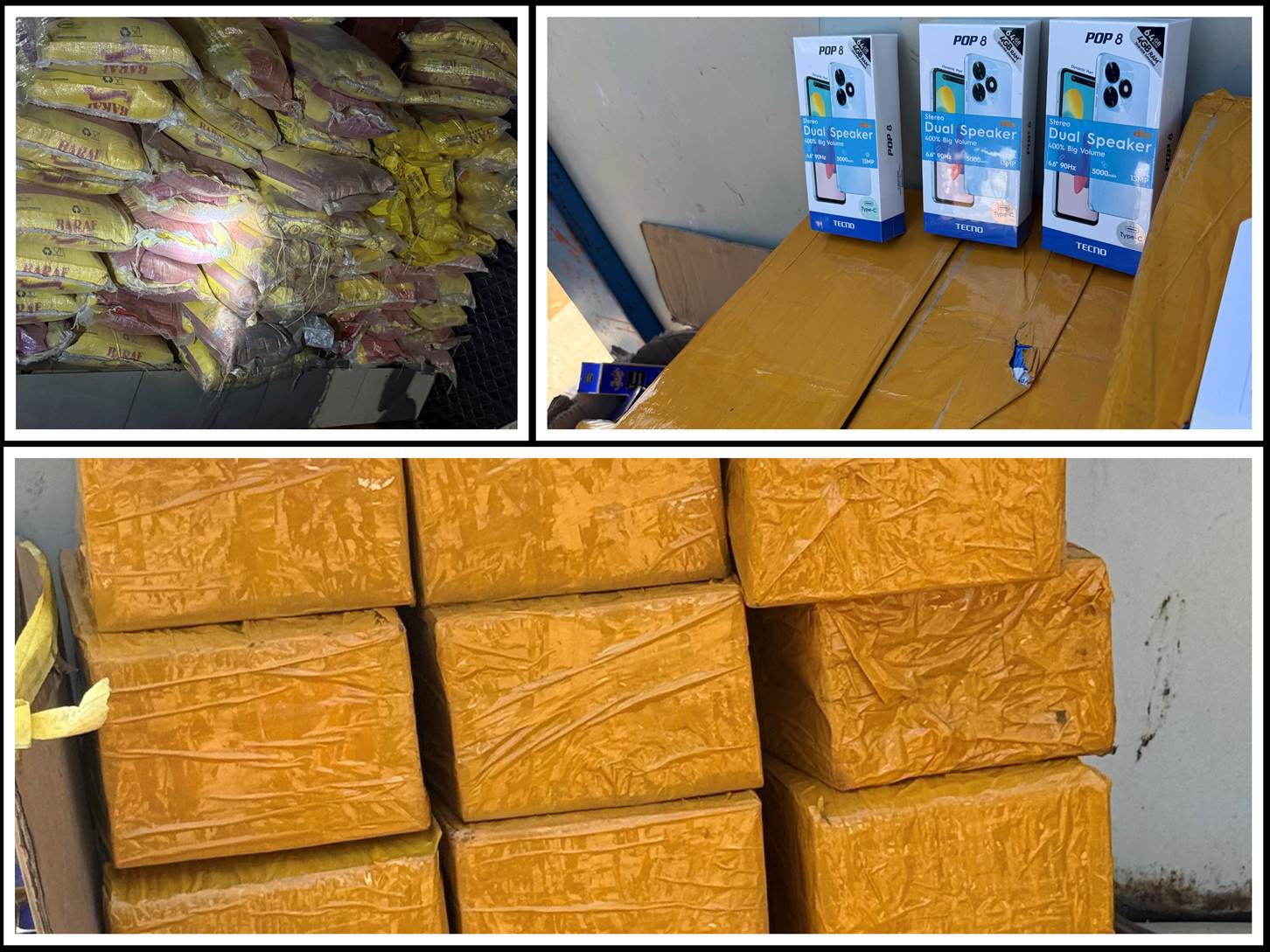By FLORENCE NAMUGANZA
The Economic Development on Africa Report of 2020 by the United Nations Conference on Trade and Development quoted that Africa losses 88.6 billion US Dollars annually to illicit trade. Contextually put, this amounts to 3.7% of the continent’s Gross Domestic Product. Similarly, Uganda losses approximately Ugx 50 billion annually to the illegal trade.
Governments world over have embarked on systems and human resource enhancement programs to curb the vice in respective countries.
To match up, the Ugandan government has engaged financial monitoring institutions in capacity building activities.
Recently, Uganda Revenue Authority (URA) and Financial Intelligence Authority (FIA) staff underwent a five-day capacity building program at Protea Hotel in Kampala on how to effectively undertake investigations into Illicit Financial Flows (IFFs) and tax evasion.
The training was organised under the Resource Enhancement and Accountability Program (REAP) under the Ministry of Finance Planning and Economic Development.
The capacity development initiative unpacked the concept of IFFs and its linkage to tax evasion and the role of participating agencies in fighting illicit financial crime. The program also sought to develop a risk assessment model through which most dangerous crime could be identified and also advance an intelligence for framework with field experts to analyse crime over a period of time.
Denis Kugonza Kateeba, the Commissioner Tax Investigations, while officiating the training said that IFFs have gross impact on taxation and therefore applauded the Finance Ministry for organising the training under REAP. He added that there is need to ensure that the training is funded and have it take place regularly.
“IFFs are mainly defined as money earned illegally, transferred and used across borders. Apart from the fact that such monies are illegal, they are also acquired from economic growth and societal threatening acts like corruption, smuggling, drug trade, wildlife and human trafficking among other despicable crimes,” Kateeba said.

Sheena Namitala Hadijah a Manager URA Project Management Office, urged participants to apply the knowledge from the training to redeem Uganda from IFFs to boost Revenue Mobilisation.

There is a close linkage between IFFs and tax evasion because huge illegal sums of money are hidden from authorities and sent to different countries. This grossly affects the domestic revenue mobilisation efforts by the government.
The vice in developing countries threatens effective service deliver as money intended for public priorities is diverted via swindling and corruption.
The Government of Uganda has over the past years initiated mechanisms to combat IFFs. These include; review of the legal framework, strengthening of Law Enforcement Agencies (LEAs) and the establishment of various agencies for example the Internal Security Organization Economic Desk, Police Cybercrime Unit, the Financial Intelligence Authority, and the Anti-Corruption Court.
URA is a front agency in fighting IFFs and as such, the institution has opened up to intra -Agency platforms and initiatives for instance, having its staff represent and support at FIA’s Money laundering unit.
Together with the Directorate of Immigration, URA closely monitors cross border movements. Customs staff record and ensure that travellers do not move with cash beyond limits. This is important in analysing who and what might constitute a risk for easier management.
URA Systems like Asycuda, etax and TID Forensics have been effectively used to close revenue and cash flow gaps. These are used together with comprehensive audits, investigations and intelligence to wholesomely counter economic and tax crime.












